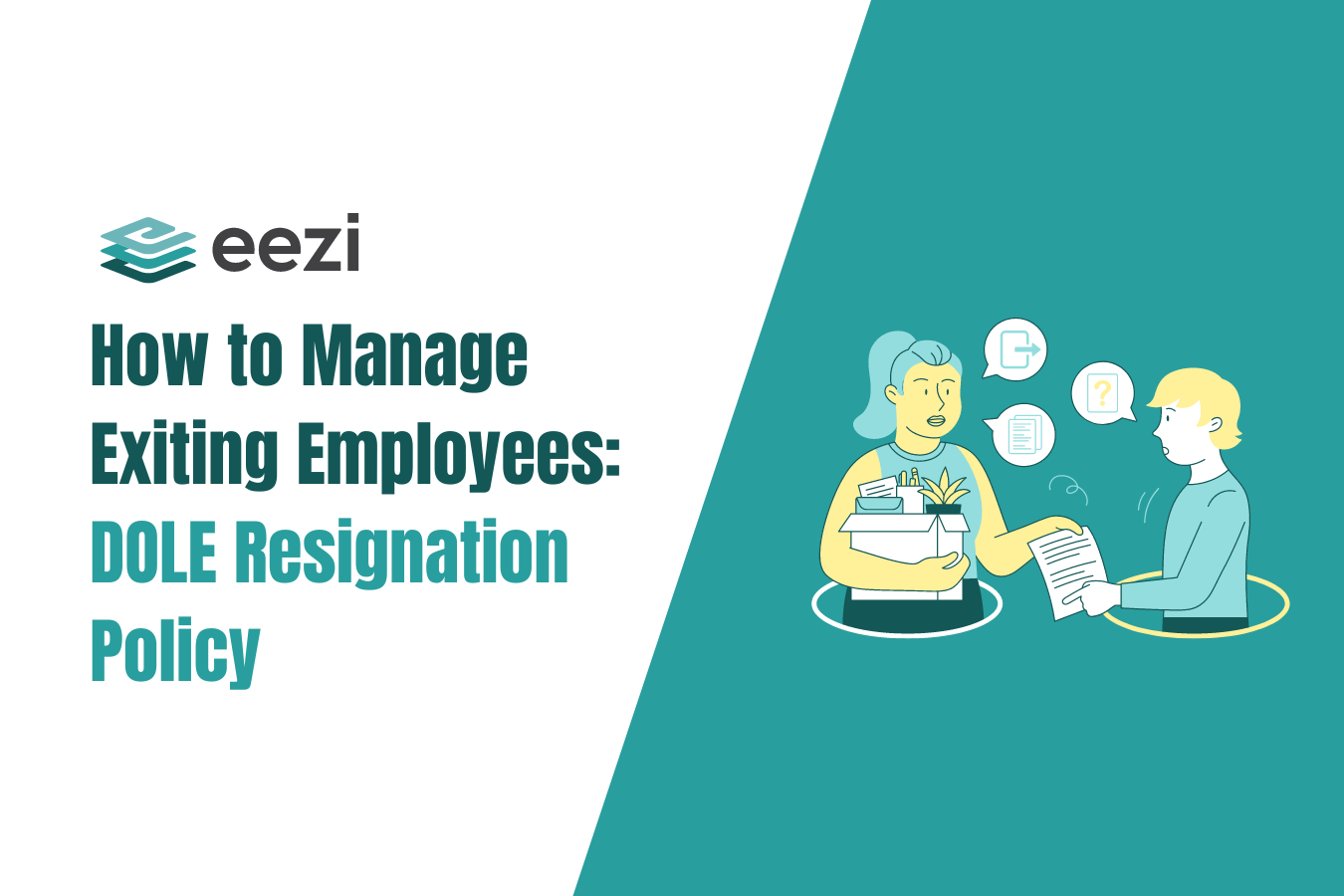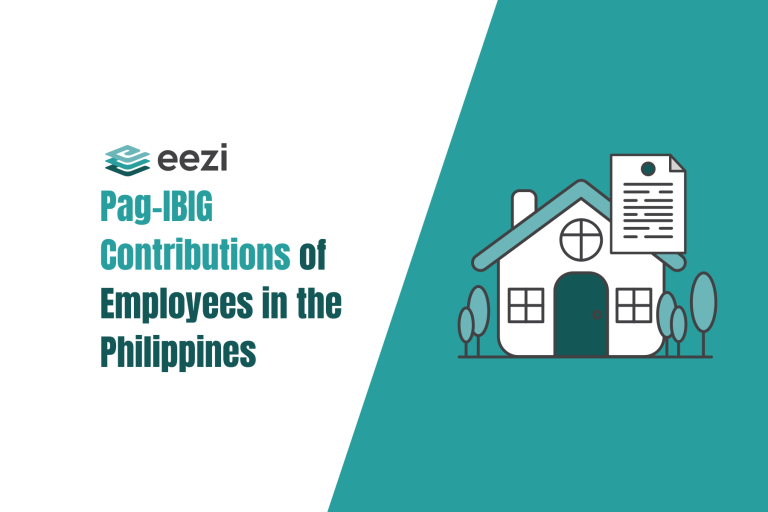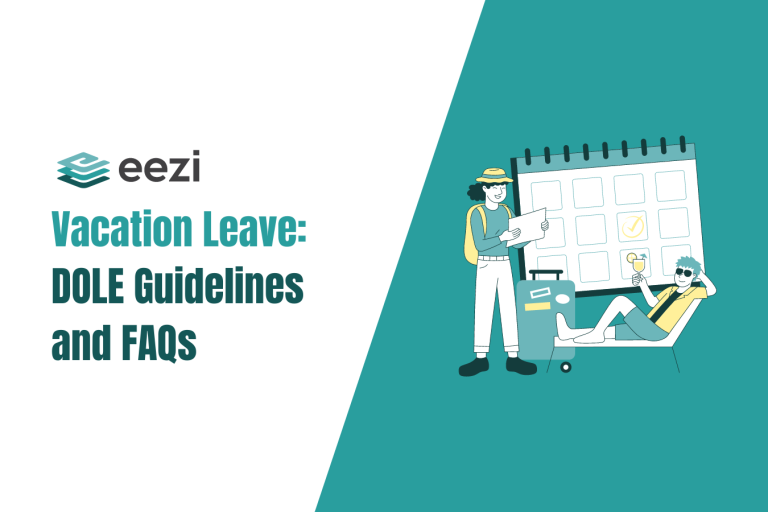Every business had to deal with an employee leaving; below is everything you need to know to keep your business and employee compliant with the DOLE Resignation Policy.
Key Points
- Resigning employees must submit a notice at least 30 days before their resignation date.
- However, an employee can file an immediate resignation in cases where they receive insults, mistreatments, or a victim of an employer’s crime.
- Conversely, an employer may also legally terminate an employee in cases of misconduct, disobedience, negligence, fraud, or crime.

What is the DOLE resignation policy?
In the Philippines, a resigning employee is subject to the policies of the Department of Labor and Employment (DOLE).
Under the DOLE rule, employees must give their written notice letter at least 30 days (one month) in advance.
In conjunction with this, DOLE also dictates that employers must also release the employee’s final pay within 30 days of the resignation date. Furthermore, the employee needs to submit the resignation letter to their immediate supervisor or their direct employer.
Lastly, DOLE also recommends that the employee keep a copy of their resignation letter. Upon receipt of the letter, the employer or his representative should also acknowledge the resignation in writing.
This right is granted to the employee under Article 285 of the Labor Code of the Philippines.
Related:
When is a resignation considered effective?
A resignation is only effective once the following conditions are present:
- The employer has accepted the resignation
- The employee has completed the 30-day render
When is the 30-day work render not required?
Under the Labor Code, there are cases when the 30-day work render does not apply to a resigning employee. Sometimes, the employee can leave early in cases of a strained employee-employer relationship.
Cases where an employee can file for immediate resignation
An employee may still file for an immediate resignation under valid circumstances according to the DOLE Resignation Policy:
- When the employee’s honor has been a subject of insult by the employer or his representative
- The employee is receiving inhuman and unbearable treatment accorded to the resigning employee
- The employer has committed a crime against the employee
- Any other situations similar to these items above
Furthermore, the same rule applies when the employee receives bad treatment from the employer’s representative or any of the immediate members of the employer’s family. However, employees cannot use resignation to avoid termination due to just or authorized causes.
Moreover, the employee may also ask for DOLE’s assistance in cases where the cause for the immediate resignation is a labor rights violation or unlawful practices.
Lastly, the employer can also waive the 30-day notice at their own discretion. In other cases, they may also require a longer notice period when the resigning employee’s position is highly technical.
What if the employee fails to submit a 30-day notice?
An employee who fails to submit a 30-day notice before their termination of employment may lose their final pay and other benefits. In other cases, the employer can also hold the employee liable for damages. Furthermore, the employer can also blacklist the employee’s future application in the same company.
What if the employee withdraws the resignation letter?
Suppose an employee submits a resignation letter but withdraws the same after; there are two possible scenarios. One, the employer has received the letter but has not hired a replacement or trained another employee for the soon-to-be-vacant role. In this case, the employee can continue working for the company.
The second scenario is when the employer has already acted upon the resignation. For example, the employer has accepted a replacement for the role. In this scenario, the employee may find it harder to withdraw their resignation.
Furthermore, the employee cannot claim illegal dismissal. Should there be questions on the legality of a dismissal, the employee could file a complaint to the National Labor Relations Commission (NLRC) through its
Finally, the decision of whether the employee can withdraw their resignation depends on the employer. There may also be terms in the employment contract or internal policies that better detail the next steps.
Can an employer decline a resignation?
No, the employer cannot decline an employee’s resignation. That is because the resignation is not at the employer’s discretion. Furthermore, refusing a resignation and forcing an employee to work may amount to involuntary servitude.
What pay does the employee get upon resignation?
An employee who resigns is eligible to their unpaid salary and other unused benefits that are convertible to cash. However, this only applies to employees who have sent their written notice. Furthermore, the sending of such notice within the period that the law requires before the employee resigns.
Do resigned employees get separation pay?
Since resignation is a voluntary act, employees generally do not get separation pay when they leave the company. Unless a Collective Bargaining Agreement states otherwise, the employee shall only receive their unpaid salary, pro-rated 13th-month pay, and other unused benefits that are convertible to cash.
What happens if an employee is forced to resign?
It is illegal for an employer to force or coerce an employee to resign. The same is true for employers who put their employees in a difficult situation where they have no other choice but to resign. This is considered constructive dismissal, and the employee can file legal action against the employer.
Again, resignation should be voluntary and not forced out of the employee with threats, intimidation, and manipulation. Lastly, the employer cannot also make the employee resign in cases where dismissal should be the penalty for an offense.
What are the instances where an employee can be legally terminated?
Below are some of the instances where an employer can terminate an employee without having to grant separation pay:
- Willful disobedience or serious misconduct
- Gross and habitual neglect of work
- Fraud or breach by the employee
- Crime or offense by the employee
Related:
- Labor Code guidelines on preventive suspension
- What happens when an employee goes AWOL
- DOLE record-keeping guidelines for employees
Calculate employees’ last pay accurately with an automated payroll
Manage your payroll better with eezi‘s HR solutions calculating your last pay accurately for you.



